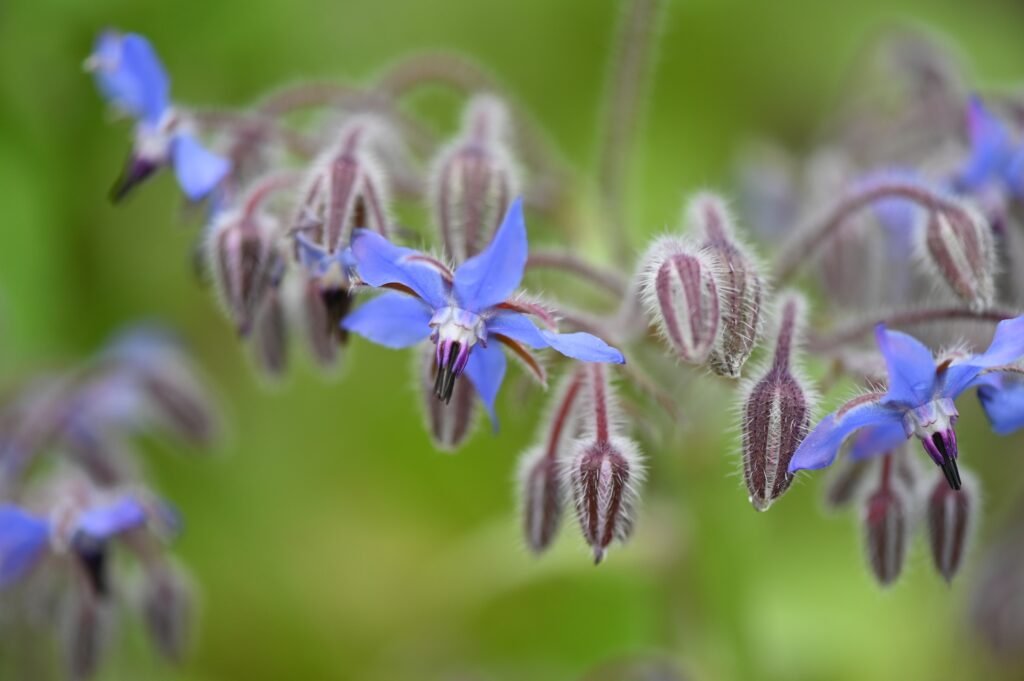Emma is an avid gardener, dahlia farmer, self-proclaimed succulent fanatic and all-around nature enthusiast.
Emma’s allotment originally belonged to her brother, Lee, who tragically passed away. She courageously took the plot on after he died and has kept it going in his honour – a wonderful act from a sibling.
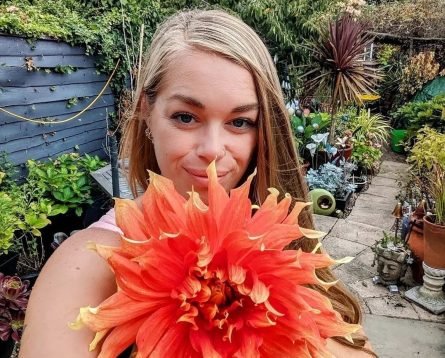
“When my brother passed away, gardening was a way to stay close to him. It’s beautiful to think nature will carry on his legacy.”
Few things compare to the pain of losing someone you love. While there’s no way to avoid intense feelings of grief, there are things we can do to help come to terms with loss.
Finding ways of celebrating the person you loved can help maintain their memory and provide comfort as you move through the grieving process.
Emma and her family keep a legacy sunflower blooming each year from the last seeds he sowed before he died. “It’s beautiful to think nature will carry on his legacy. Just having a quiet spot to feel close to him is a godsend.”
She is now helping others by sharing her journey and promoting gardening as a way to cope with bereavement. Judging by the award-winning dahlias and all of her amazing harvests, it’s evident Emma has become a competent and talented gardener. You can follow her journey on Instagram @semma_nature.
In loving memory of Lee
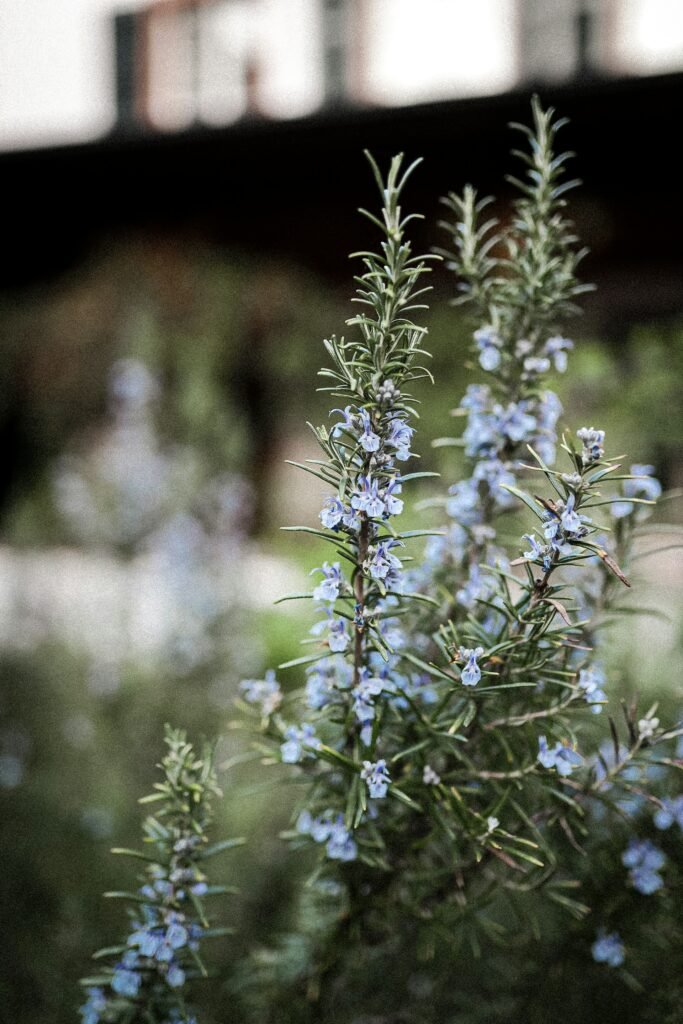

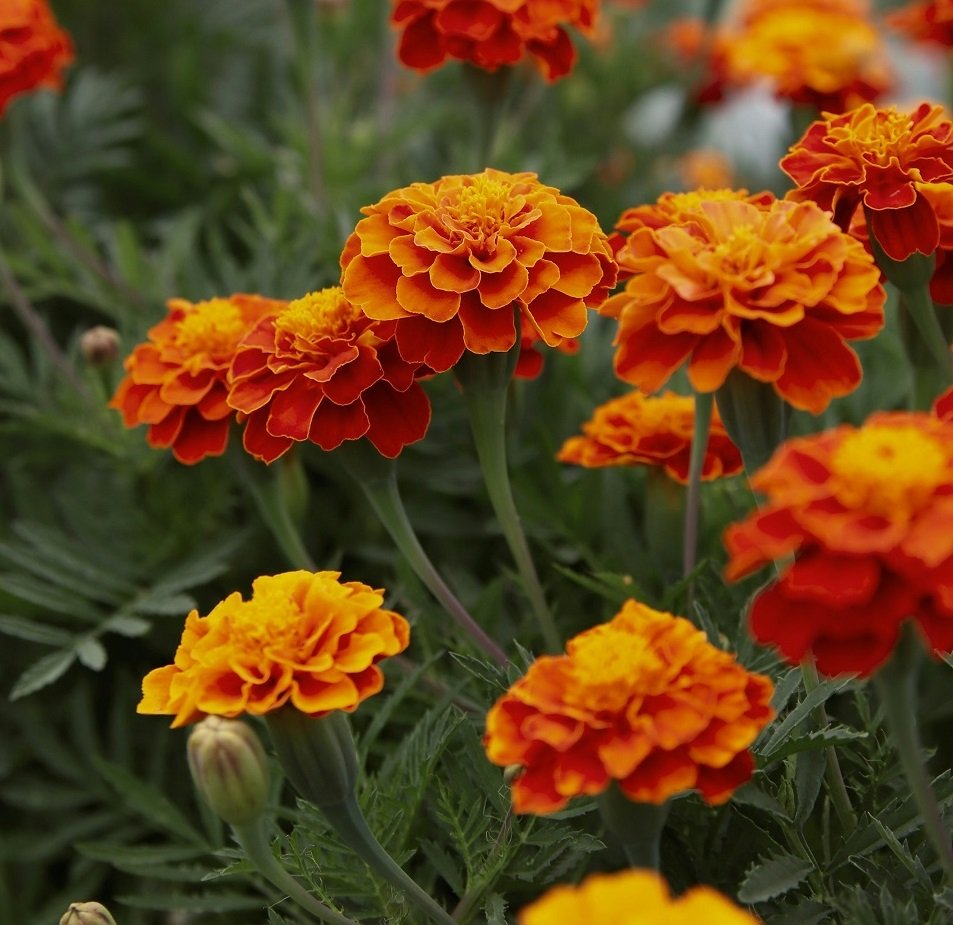
Some studies suggest that consuming lavender as a tea can help digestive issues such as vomiting, nausea, intestinal gas, upset stomach, and abdominal swelling.
In addition to helping with digestive problems, lavender is used to help relieve pain from headaches, sprains, toothaches, and sores. It can also be used to prevent hair loss.
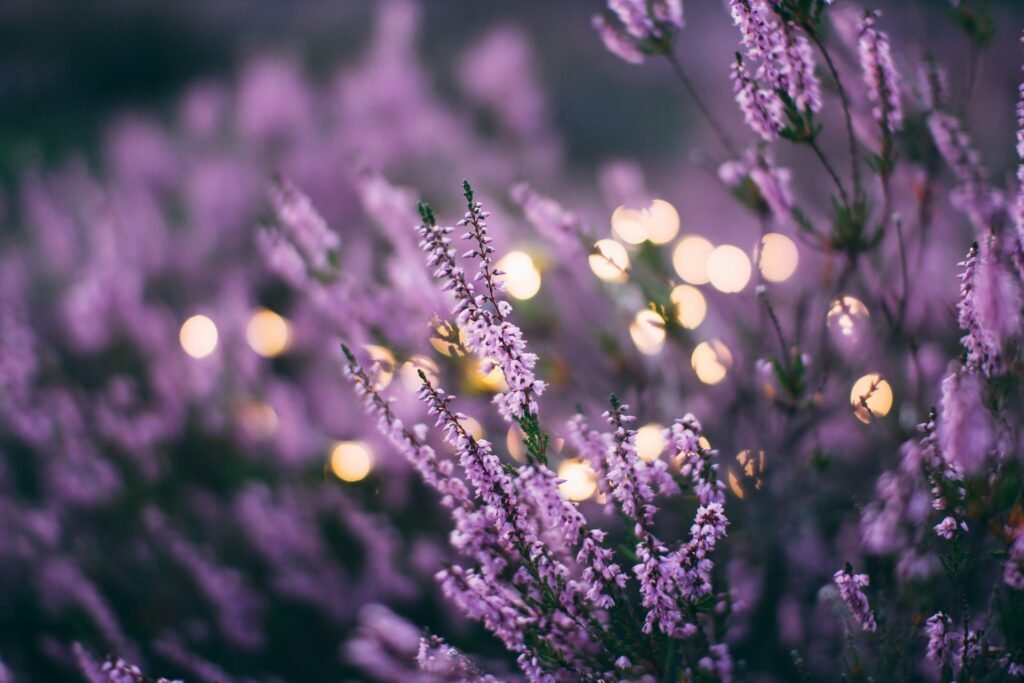
Not only can the leaves, roots, and flowers add color to your plate, but they’re also often found in herbal teas and supplements.
They can be used as a natural remedy to support blood sugar management and boost skin, liver, and heart health. You'll never look at dandelions the same again!
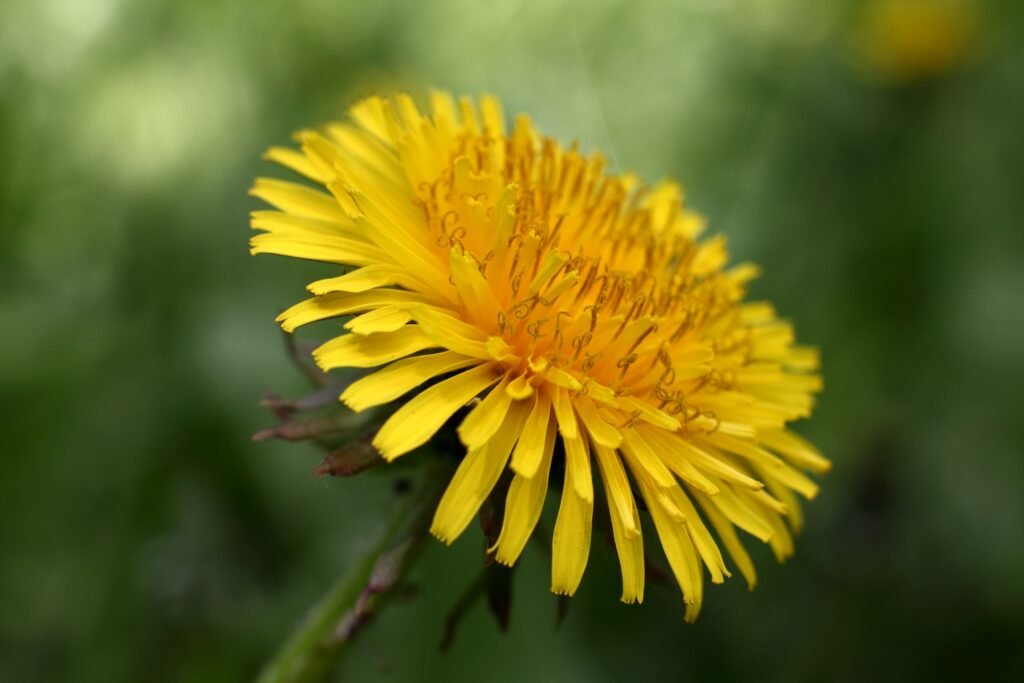
Chamomile can be taken internally as tea for minor digestive problems. It can be used as an aromatic, anti-inflammatory, antispasmodic, carminative (digestive aid), and de-stressing nervine.
Externally it has been used in hair wash, hair dyes, and for sore skin or eczema. Chamomile is probably the most well-known plant used as a nervine tonic, helping to relieve stress and tension.
One recent study confirmed it’s safe for long-term use and that it also shows potential in anticancer treatments.
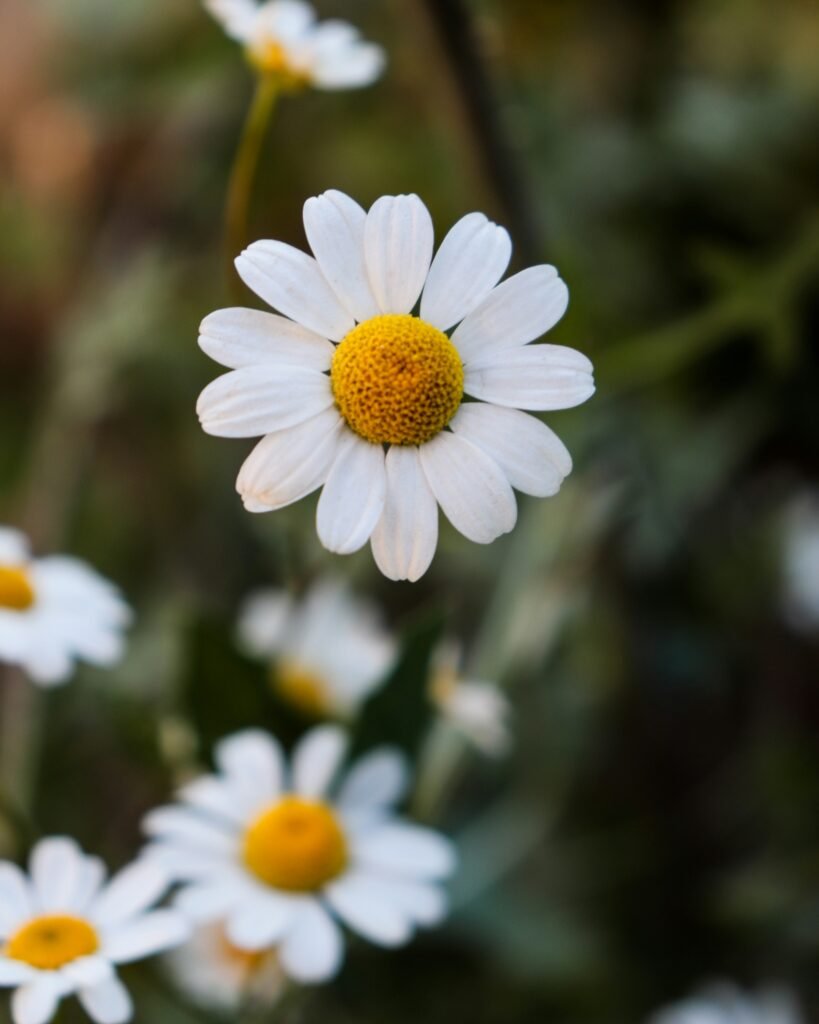
Studies suggest that it may reduce inflammation, hay fever symptoms, blood pressure, and blood sugar levels, among other benefits.
While fresh stinging nettle may cause irritation, cooked, dried, or freeze-dried stinging nettle is generally safe to consume.
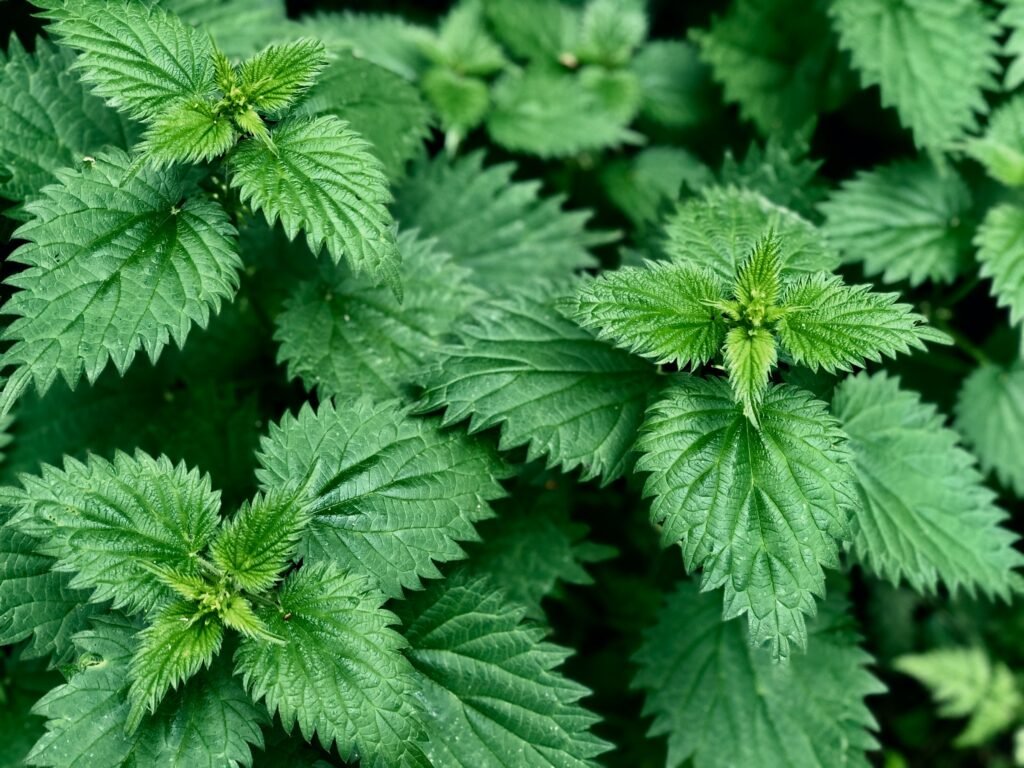
It is associated with several health benefits: reducing inflammation, improving skin health, decreasing symptoms of asthma, bone strengthening, treatment of bronchitis, and many more.
